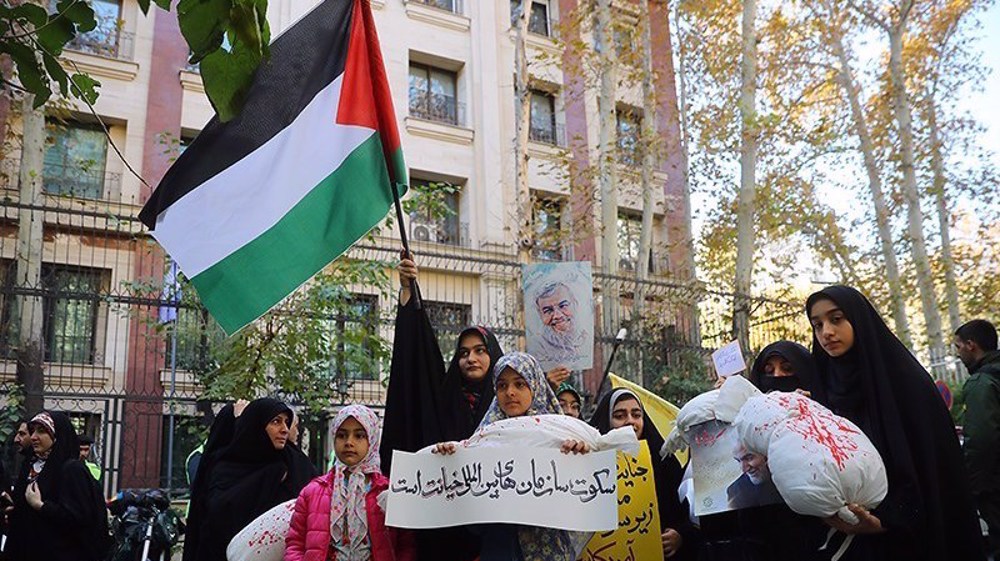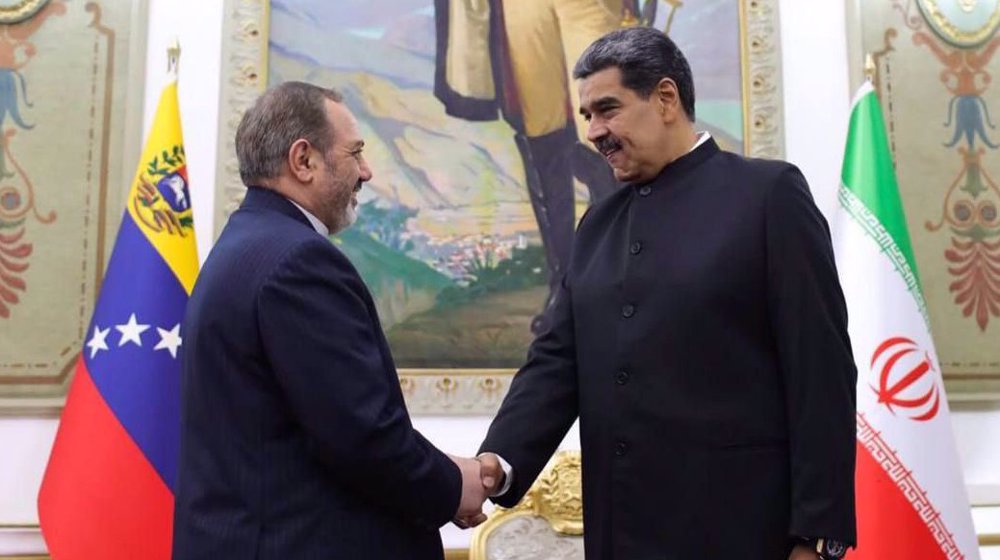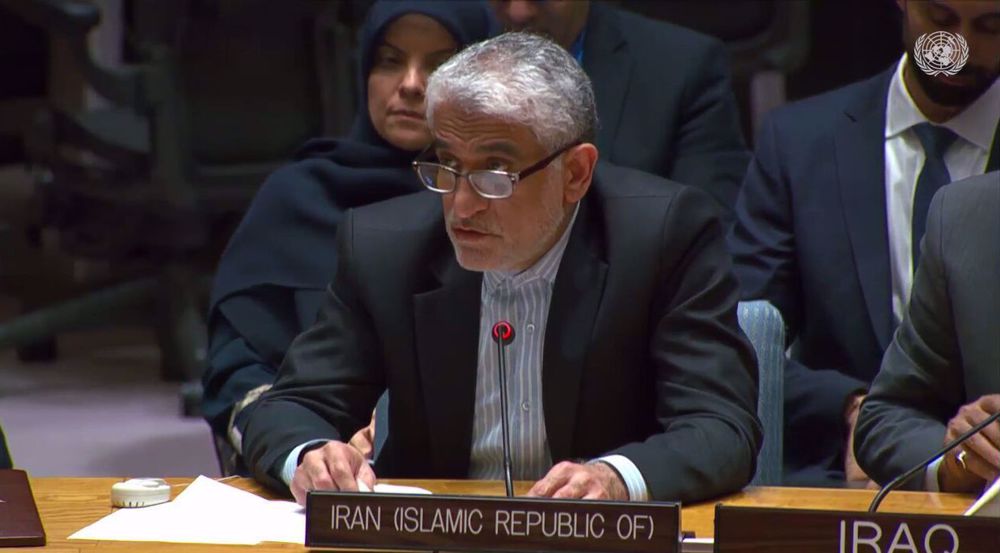Principlists uniting? Three presidential hopefuls huddle ahead of June election
Three Iranian presidential hopefuls associated with the Principlist camp have held a private meeting less than two months to the vote.
Mohsen Rezaei, Saeed Mohammad, and Rostam Qassemi, all of them ex-commanders at the Islamic Revolution Guards Corps (IRGC), got together on Thursday, both Rezaei and Mohammad announced separately.
The three have officially announced their presidential bids, pending approval by the Constitutional Council, which supervises general elections.
On his Twitter page, Rezaei, who is the secretary of Iran’s Expediency Council, released a photo of himself standing next to Mohammad, an ex-commander of the IRGC’s Khatam al-Anbiya Construction Headquarters, and Qassemi, a former minister of petroleum and Mohammad’s predecessor.
In the tweet, Rezaei said that from Islam’s point of view, “volunteering for public office” and “trying to assume power” were completely different concepts.
Regardless of the outcome of the election, he said, “we are supposed to build Iran together in a brotherly manner.”
Mohammad also announced on his Telegram channel that he had held a session of “friendly” talks with Qassemi and Rezaei — a first of more such meetings.
“God willing, I am planning to have similar meetings with other [potential] candidates. The important thing is that all of us share the concern of resolving people’s problems,” Mohammad said.
“It will be easier to take the second step with the younger ones [holding the position] as the advance guards and with consultations with the elders,” added the 45-year-old, in an apparent reference to the “Second Step of the Revolution” statement issued by Leader of the Islamic Revolution Ayatollah Seyyed Ali Khamenei to the country’s young generation on the 40th anniversary of the Revolution in February 2019.
The country is preparing to hold its presidential election on June 18. As Election Day draws close, the race to for the high office is heating up, with the hopefuls already using a range of platforms from social media to news pressers to elaborate on their possible presidential plans and attract voters.
One special quality of the vote this year is that more figures with military backgrounds are expected to enter the race than previous elections.
Men of the military were previously barred from running for civilian office while still in the Armed Forces; however, in a landmark ruling earlier this week, Iran’s Constitutional Council offered a new interpretation of the law, clearing the way for senior military officials to join the presidential race.
VIDEO | Press TV's news headlines
VIDEO | US-Israeli genocide: Will Gazans see ceasefire deal achieved?
VIDEO | Grief strikes Parachinar: 44 lives lost in terror attack
VIDEO | Yemen’s armed forces target Israeli airbase amid nationwide pro-Palestinian rallies
Putin vows more test of new hypersonic missile
VIDEO | Jordanians continue rallies to denounce Israeli genocide in Gaza, Lebanon
6 Israeli soldiers commit suicide: Reports
Diplomat discourages recourse to pressure, intimidation, confrontation against Iran










 This makes it easy to access the Press TV website
This makes it easy to access the Press TV website